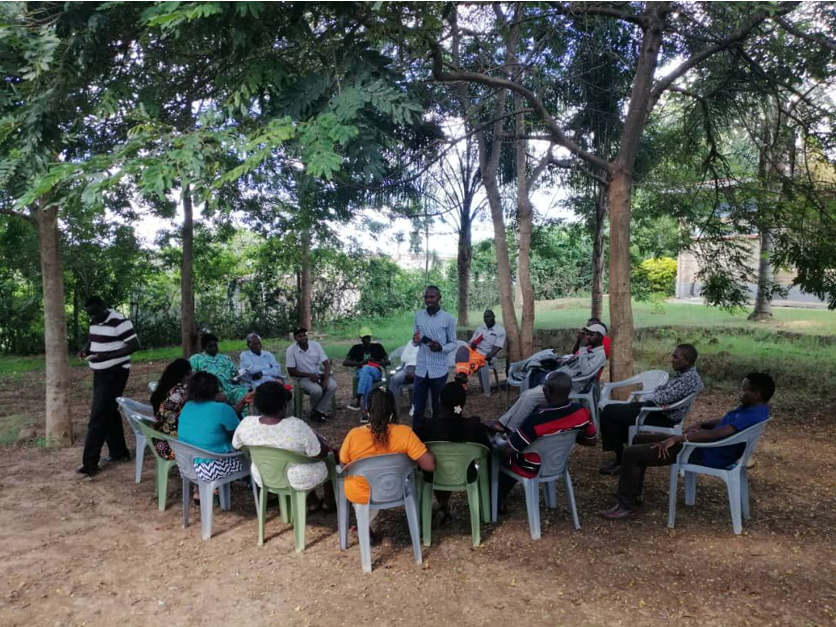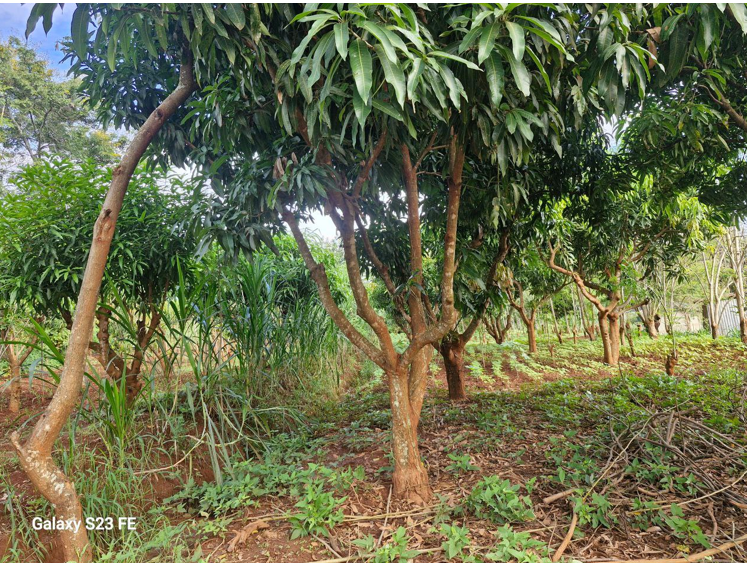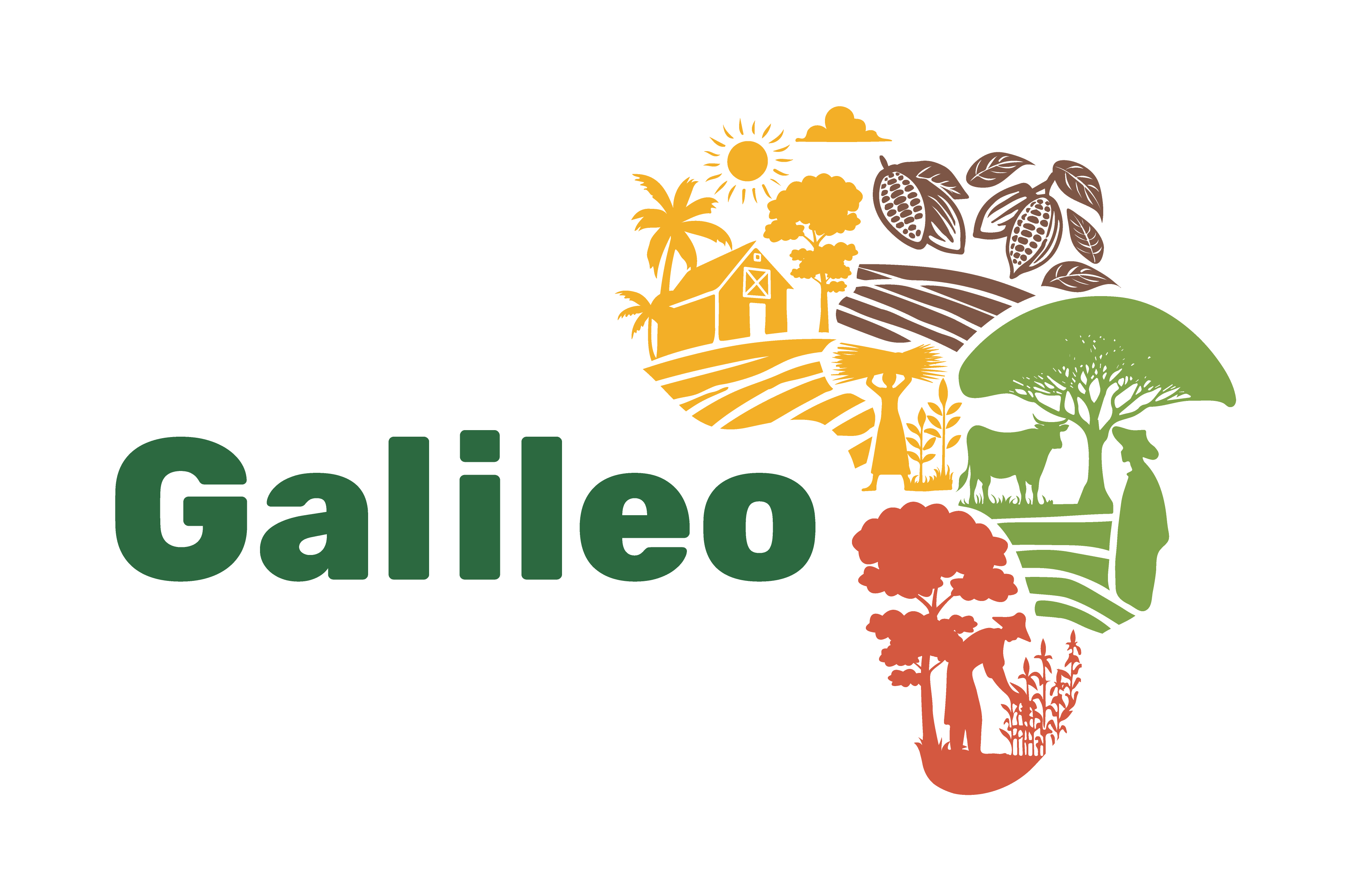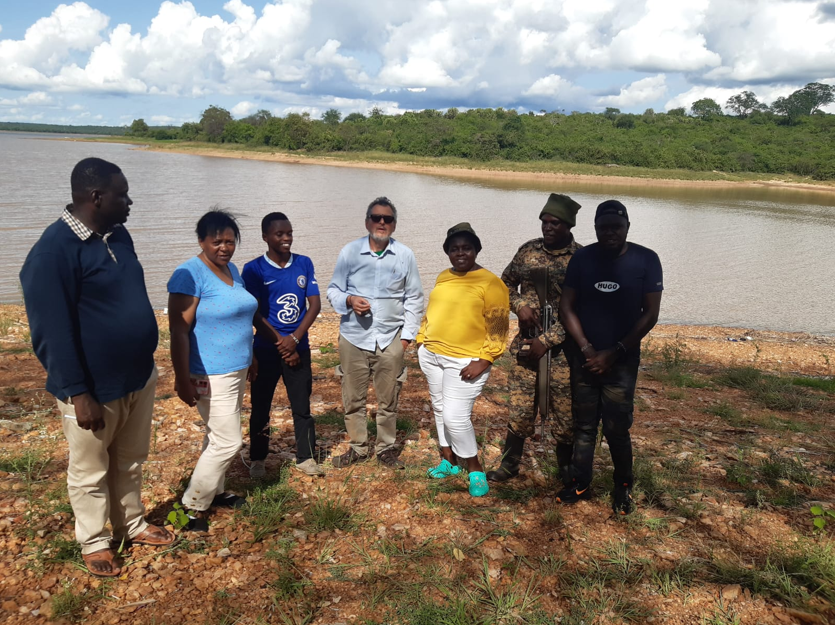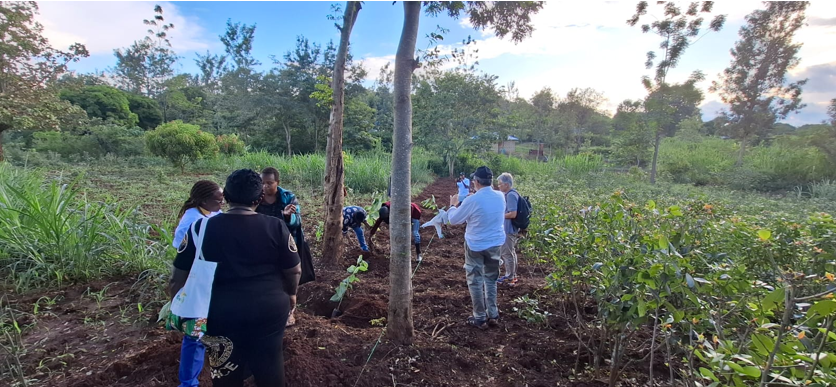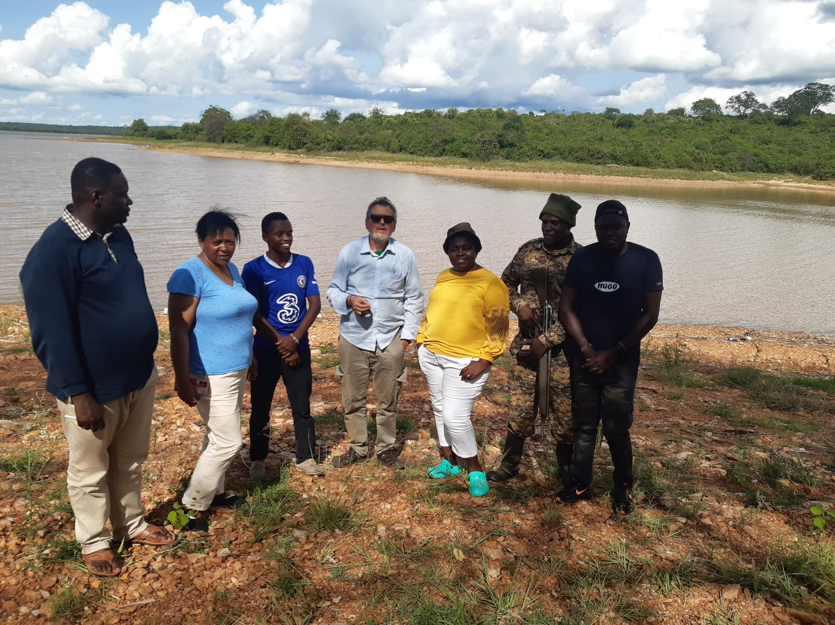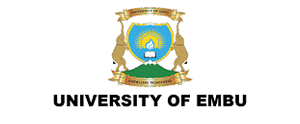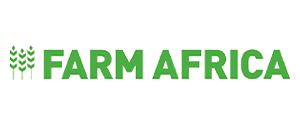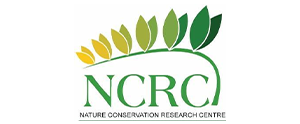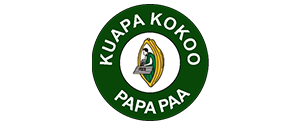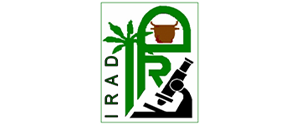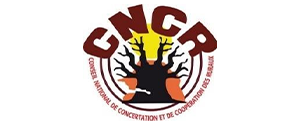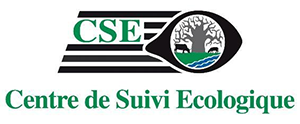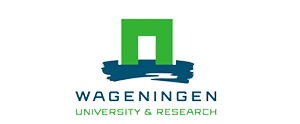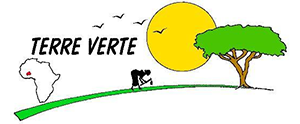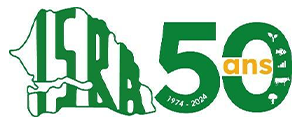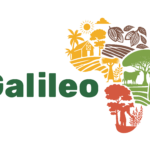05/06/2025
Field Visit and Diagnostic Survey Conducted in Embu County, Kenya – April 2025
As part of ongoing GALILEO project activities, a multidisciplinary team of our Kenyan partners carried out a field visit and diagnostic survey in the Living Labs (LLs) in Embu County in April 2025. The visit covered various locations including Gachoka, Gitumbi, Gataka, Machang’a, and Kiritiri, with tentative LL areas identified in Mbeeti South, Mavuria, and Nthawa wards. The University of Embu led the coordination of the local efforts.
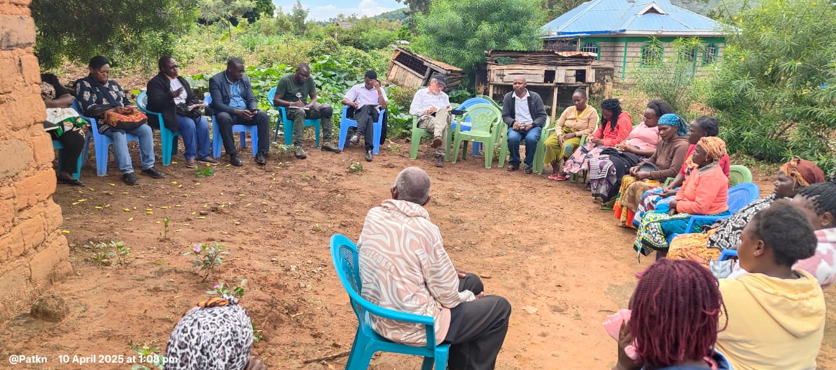
Survey Activities
The team conducted a qualitative diagnostic survey using snowball sampling techniques, which included on-farm observations, semi-structured interviews, and group discussions. Eight individual farms—some affiliated with GALILEO partner Farm Africa—were visited on April 9th and 10th. Two farmer groups, each comprising 15 members, were engaged on April 14th in collaboration with the Embu County Government in Machang’a and Kiritiri.
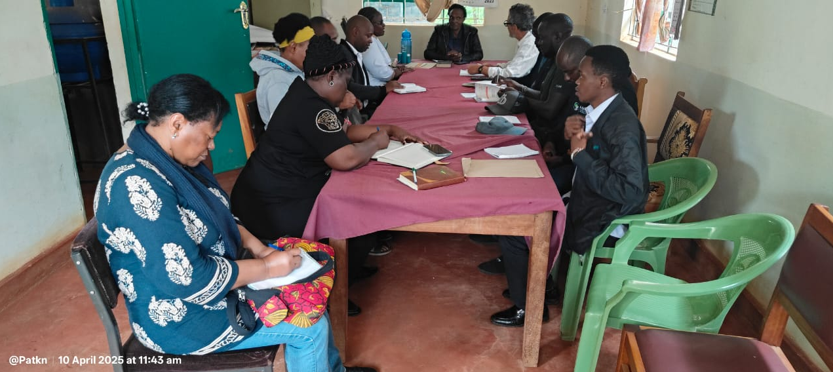
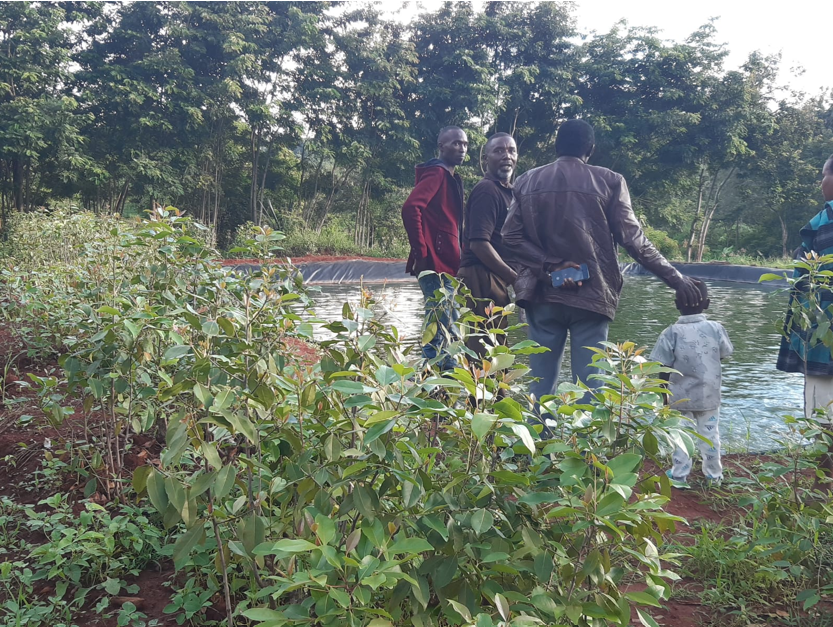
Key Findings
The survey revealed a high level of farmer-led innovation in agroforestry, particularly in integrated water and nutrient cycling, runoff harvesting, and beekeeping. However, several systemic and cross-cutting challenges persist:
-
Severe water scarcity, despite ongoing farmer-driven mitigation efforts
-
Pest and disease pressure, including the negative impact of pesticide use on pollinators
-
Limited access to agroforestry knowledge and support, with a significant shortage of extension officers (ratio of 1:15,000 farmers)
-
Environmental degradation, including charcoal burning
While experienced farmers have developed adaptive strategies, many of the challenges identified—such as inadequate policy support, infrastructure, and information dissemination—require solutions at the systemic and institutional levels. Support from organizations like our partner Farm Africa and the Embu County Government is valuable but remains limited in scale and reach. The findings underscore the importance of multi-stakeholder engagement to address key policy and practice areas, including water harvesting, wildlife conflict mitigation, sustainable pesticide use, and access to extension services.
